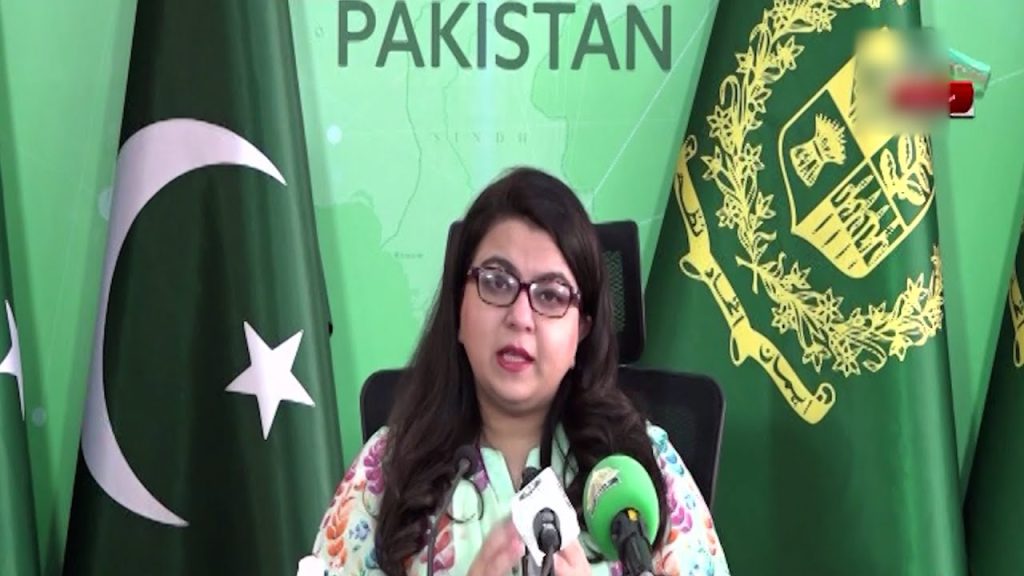Federal Minister for IT & Telecommunication Shaza Fatima Khawaja on Saturday announced that Google, the global tech giant, has completed its registration in Pakistan and will soon establish a local office, as the manufacturing of Google Chromebooks has commenced in Haripur.
“Google has announced its entry into Pakistan, having completed its registration, and will soon establish its office here,” said Shaza, while addressing a press conference.
Meanwhile, the manufacturing of Google Chromebooks has commenced in Haripur, she shared.
“Around 500,000-600,000 Google Chromebooks will be manufactured in Pakistan annually,” Shaza said, adding that this will pave the way for technology transfer, best practices and the creation of direct employment.
“Our target is to export these Chromebooks from Pakistan, following which we will further extend and expand this assembly line,” she added.
On November 04, the Chromebook assembly line was established through a collaboration between Google for Education’s local partner Tech Valley, the NRTC, and Australia-based Allied, with operations based in Haripur, Khyber Pakhtunkhwa.
Earlier, Prime Minister Shehbaz Sharif said that the local assembly of IT products, such as Chromebooks, would not only reduce costs for Pakistanis but also strengthen the country’s foreign exchange reserves by developing an export-oriented tech sector.
Meanwhile, Shaza, during the presser, informed that a memorandum of understanding (MoU) has been finalised between Google and the Ministry of IT, under which tech training would be provided to youth, particularly in the field of Artificial Intelligence (AI).
She added that the government is also in discussions with Google to establish AI labs in Pakistan.
Talking about discussions with Meta, the federal minister shared that Meta Llama has been launched in Urdu and is now available in Pakistan.
“The availability of Meta’s Llama AI platform in Urdu is something that has not been rolled out for many countries, but it was done for Pakistan because of the strong engagement we’ve had with Meta,” she said.
Meta Llama is a family of large language models (LLMs) developed by Meta AI that can understand and generate human-like text.
Moreover, the TikTok STEM feed was also made available in Pakistan, Shaza informed. The feed is a dedicated section for science, technology, engineering, and mathematics content that users can turn on in their settings.
“Through this feed, people in Pakistan can access free educational content, turning TikTok into a platform for positive and productive use,” Shaza said.
The minister said Go Telecom, a Saudi Arabian company, has established a presence in Pakistan by launching an AI Hub—an online platform connecting Saudi companies seeking technology services with Pakistani firms.
“Pakistani freelancers and small tech companies can now access Saudi markets remotely without needing physical offices there. This initiative will generate employment, boost exports, and open new business opportunities,” she said.


